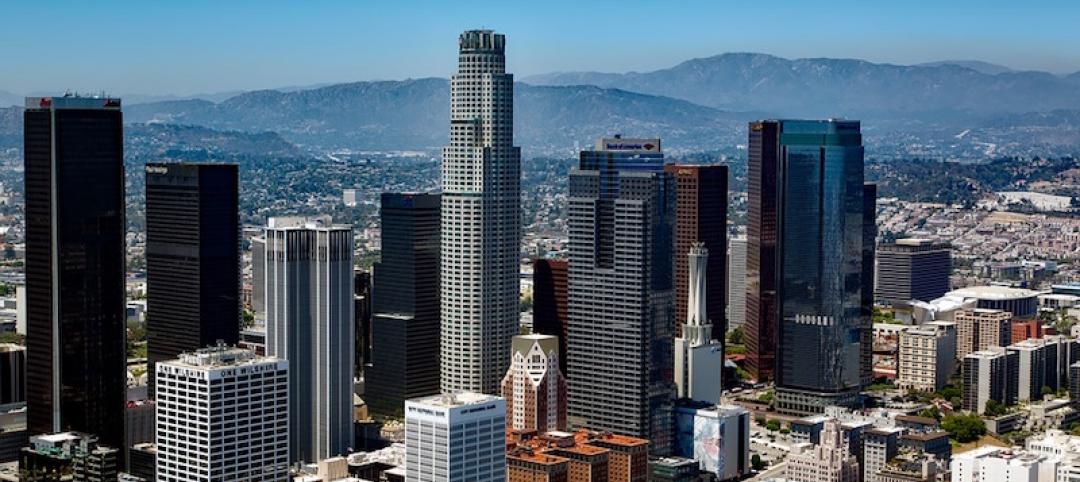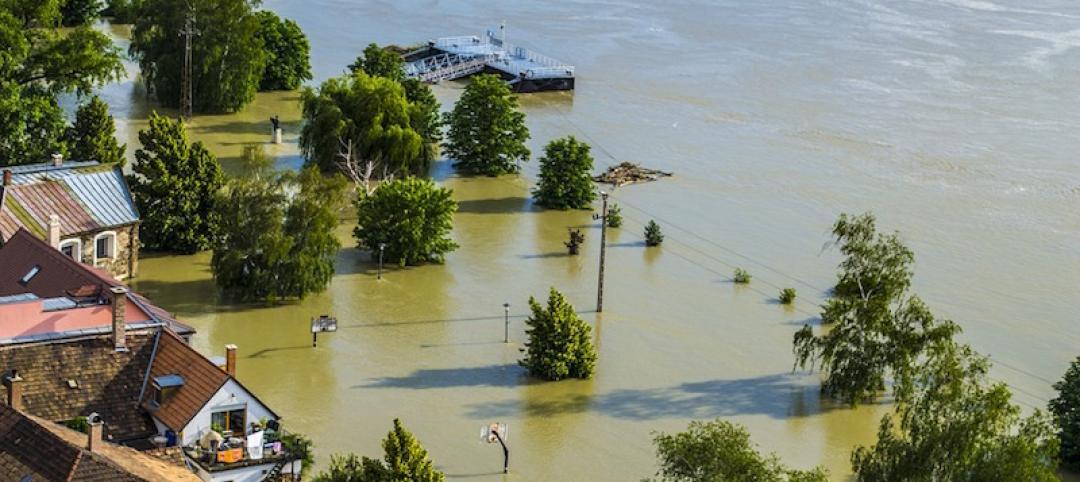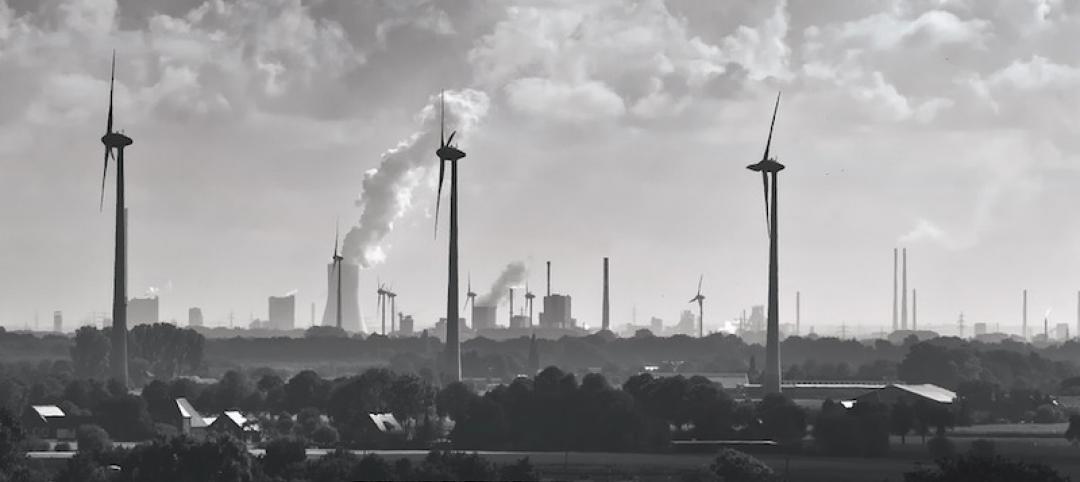Cities around the world need $375 billion in green investment to avoid catastrophic global climate change, the C40 Cities Climate Leadership Group says.
According to a report by Arup on behalf of the C40 group, without serious action before 2020, the world will have locked in future emissions to the point where global temperatures will surpass the 2 degrees Celsius mark—the upper safe limit in the Paris Climate Agreement. The report says that megacities need to reduce their average emissions from more than five tons of carbon per capita today to around 2.9 tons over the next decade.
The report provides guidelines for global cities to take 14,000 climate actions over the next four years in transportation, efficiency, energy production, and waste management in order to reduce emissions. If C40 cities and their partners take on the recommended actions, the report says they can deliver 51% of the carbon reductions necessary to ensure cities are on course with Paris Agreement objectives. The remaining 49% of emission reductions would need to come from external structural changes such as de-carbonizing national energy supplies.
Established 11 years ago, the C40 Cities Climate Leadership Group includes more than 85 world cities, representing more than 650 million people and one-quarter of the global economy.
Related Stories
Codes and Standards | Sep 8, 2017
Los Angeles luxury high-rise is first U.S. apartment building to achieve WELL Multifamily certification
Hollywood Proper Residences have verified indoor air and water quality features.
Codes and Standards | Sep 7, 2017
More than half of Houston properties at high or moderate risk of flooding are not in FEMA flood zone
Properties outside of these zones are not required to carry flood insurance.
Codes and Standards | Sep 6, 2017
Seventy percent of contractors have trouble finding workers
AGC survey indicates that fewer companies may be able to bid on projects.
Codes and Standards | Sep 5, 2017
New CTBUH initiatives to investigate link between fire and façades
In wake of Grenfell tragedy, Council forms new workgroup.
Codes and Standards | Sep 1, 2017
U.S. markets with the largest hotel construction pipeline
New York has the largest hotel construction pipeline of any U.S. market.
Codes and Standards | Aug 30, 2017
Trump rescinds elevation requirements for federally funded buildings and infrastructure
Flood protection on subsidized housing, hospitals, and other public buildings rolled back.
Codes and Standards | Aug 30, 2017
Stormwater runoff mitigation pays off for some building owners
Rain gardens, green roofs, cisterns, and rainwater recycling add value.
Codes and Standards | Aug 28, 2017
Commercial properties address state carbon-reduction policies
EV charging stations, batteries, and microgrid technology are all part of effort to meet demand for cleaner power.
Codes and Standards | Aug 24, 2017
OSHA silica dust exposure enforcement begins Sept. 23
Vacuum dust collection, water-delivery systems, and respirators will be required.
Codes and Standards | Aug 18, 2017
Cool roofs may increase air pollution
California’s requirement for cool roofs on new non-residential buildings could promote smog.

















